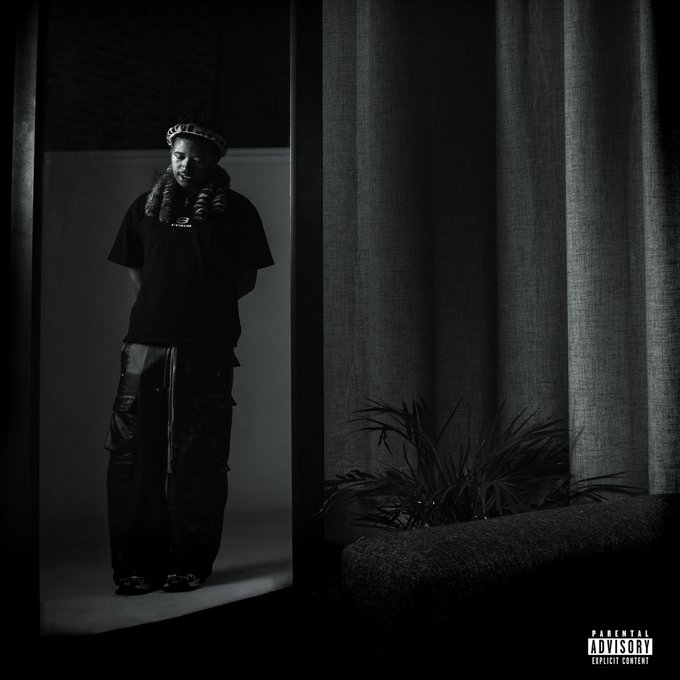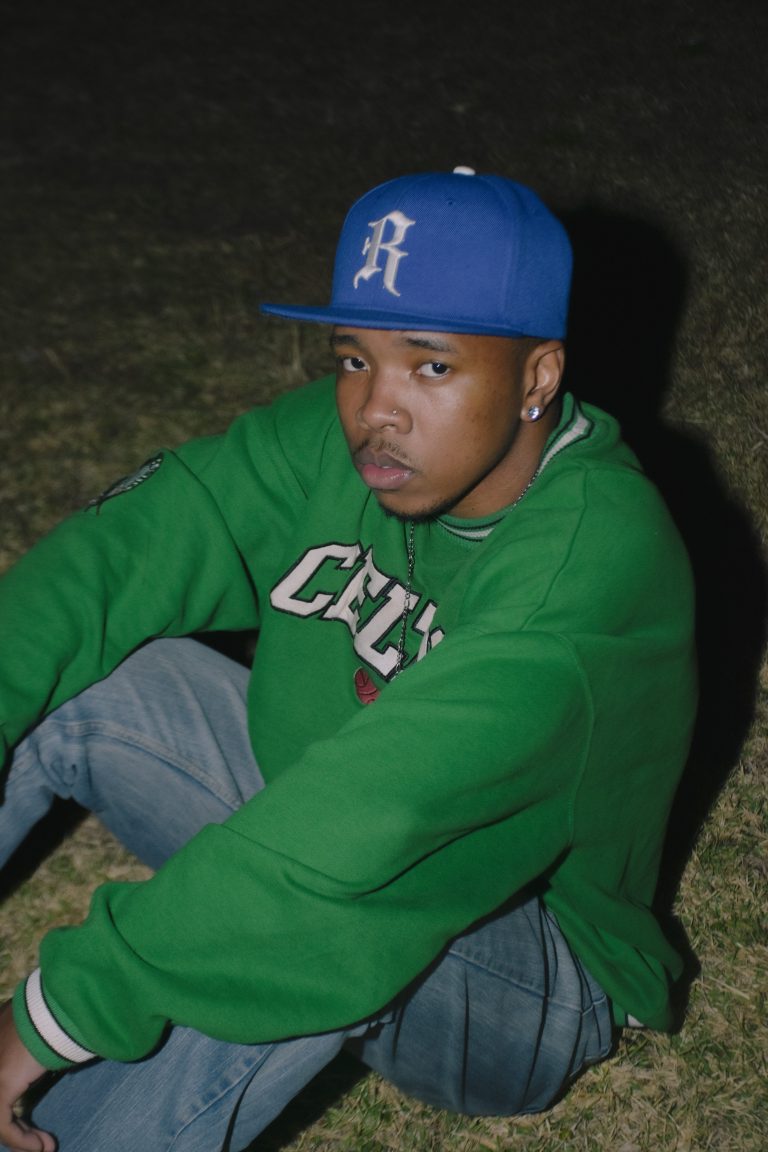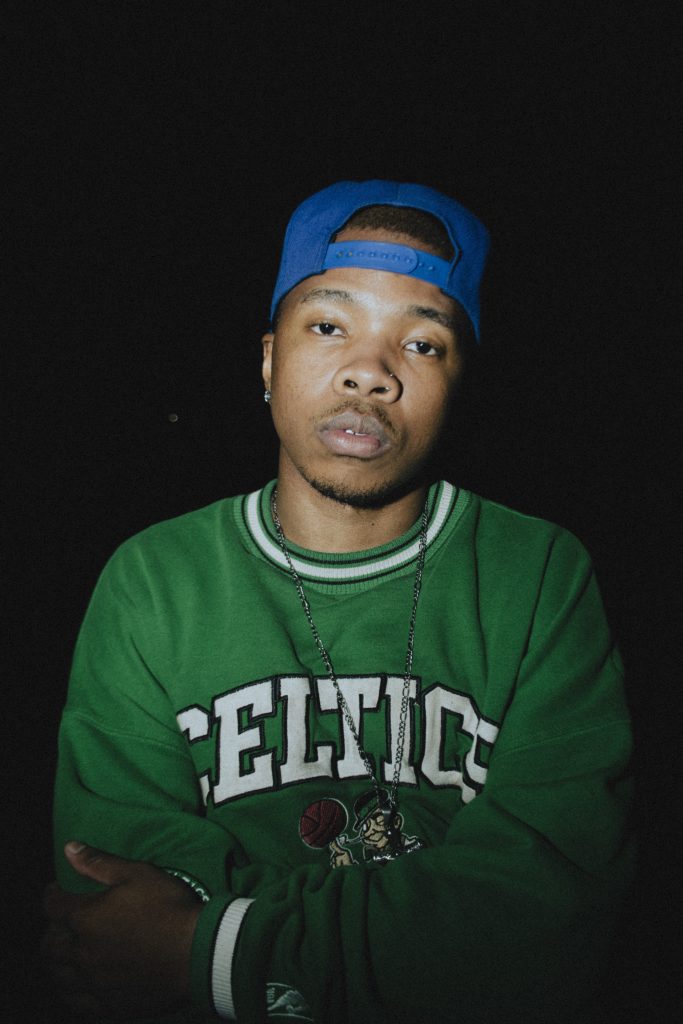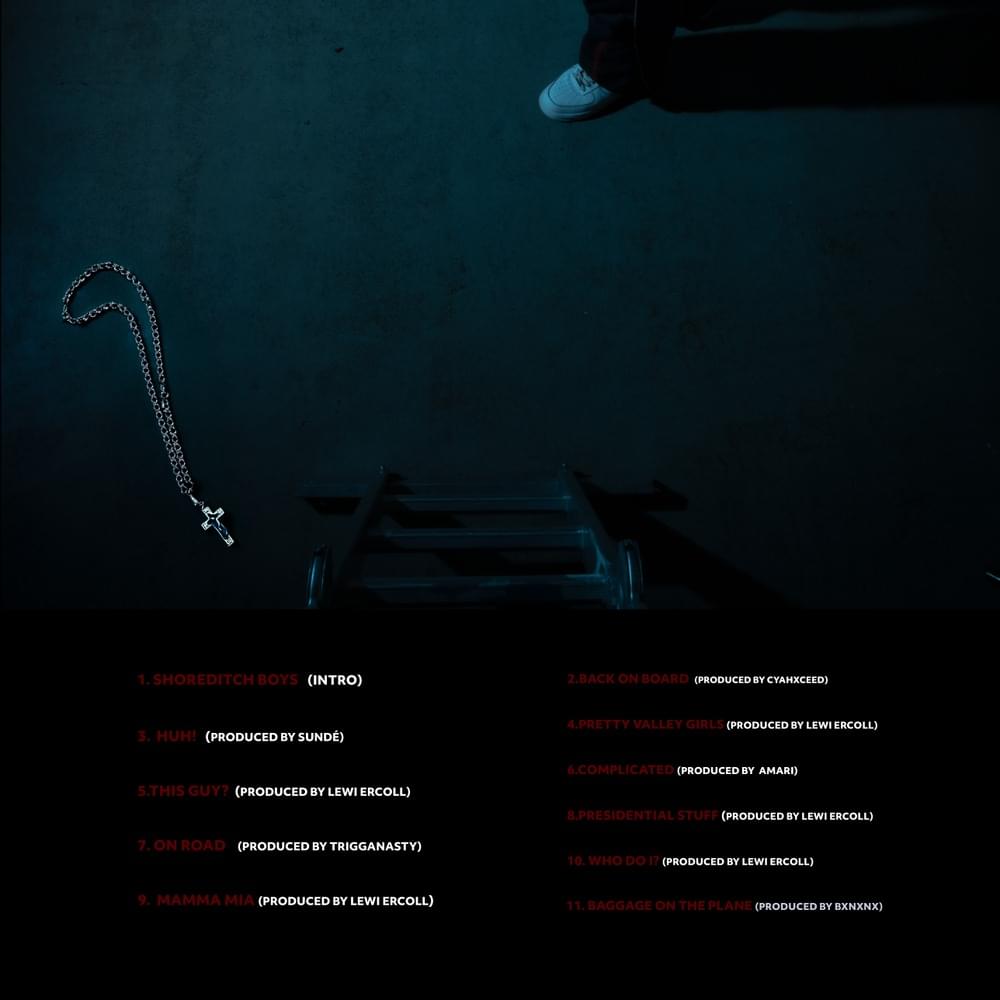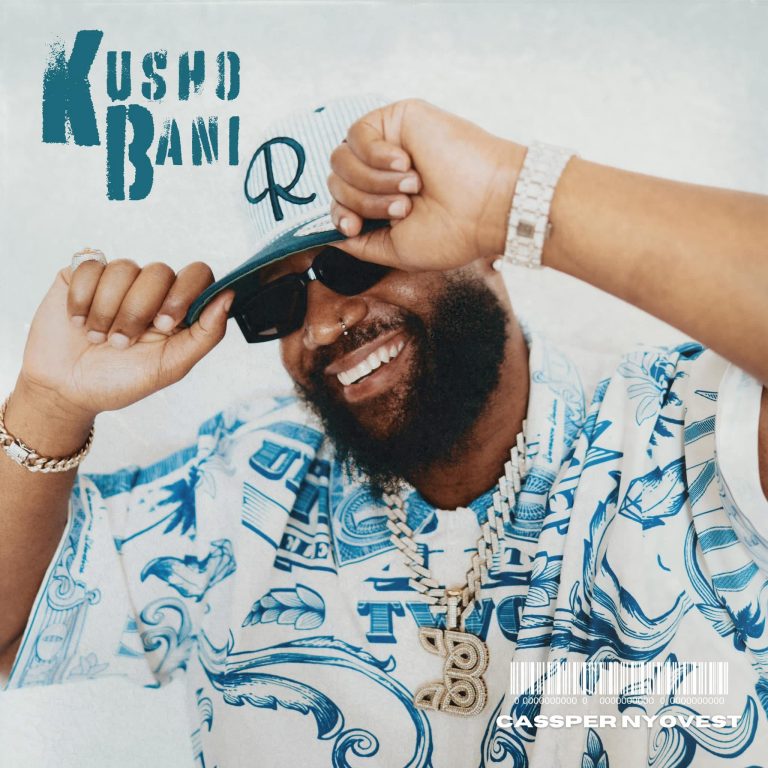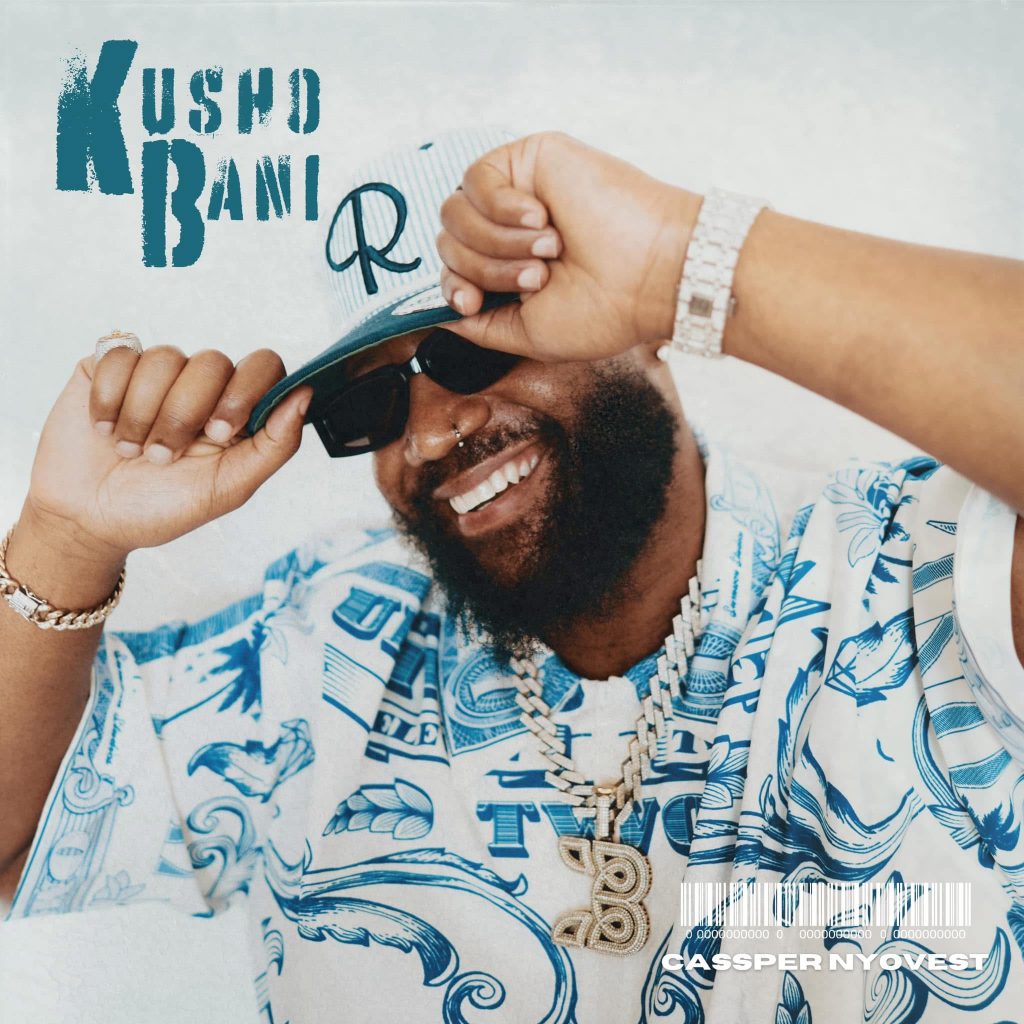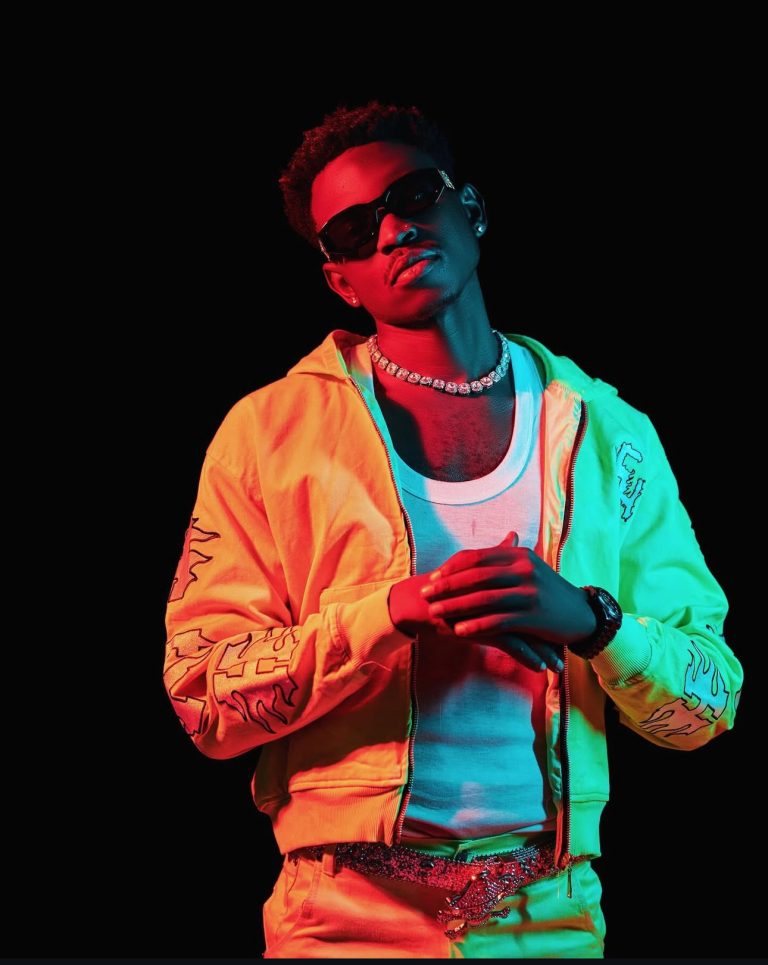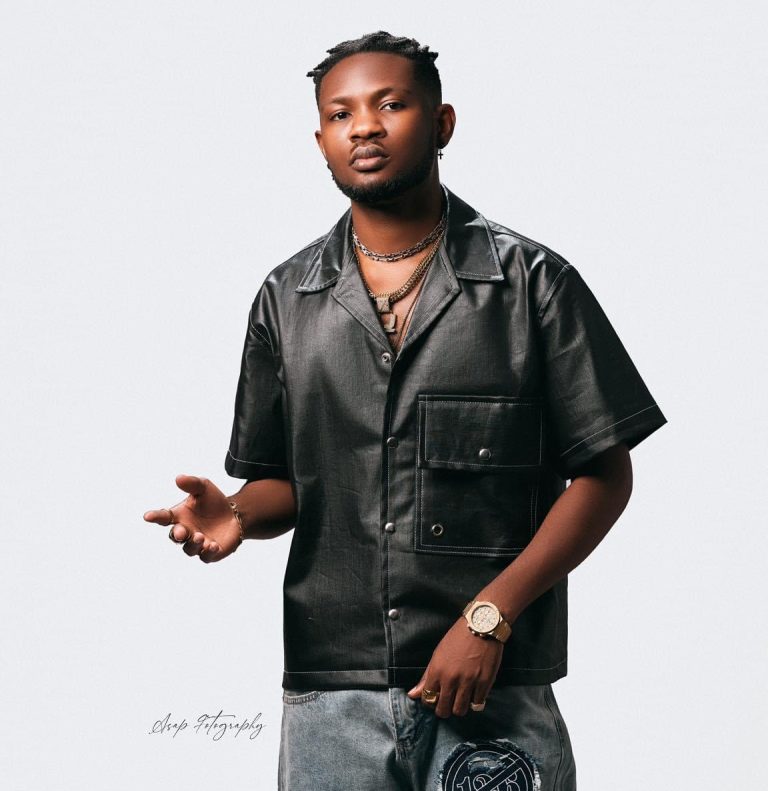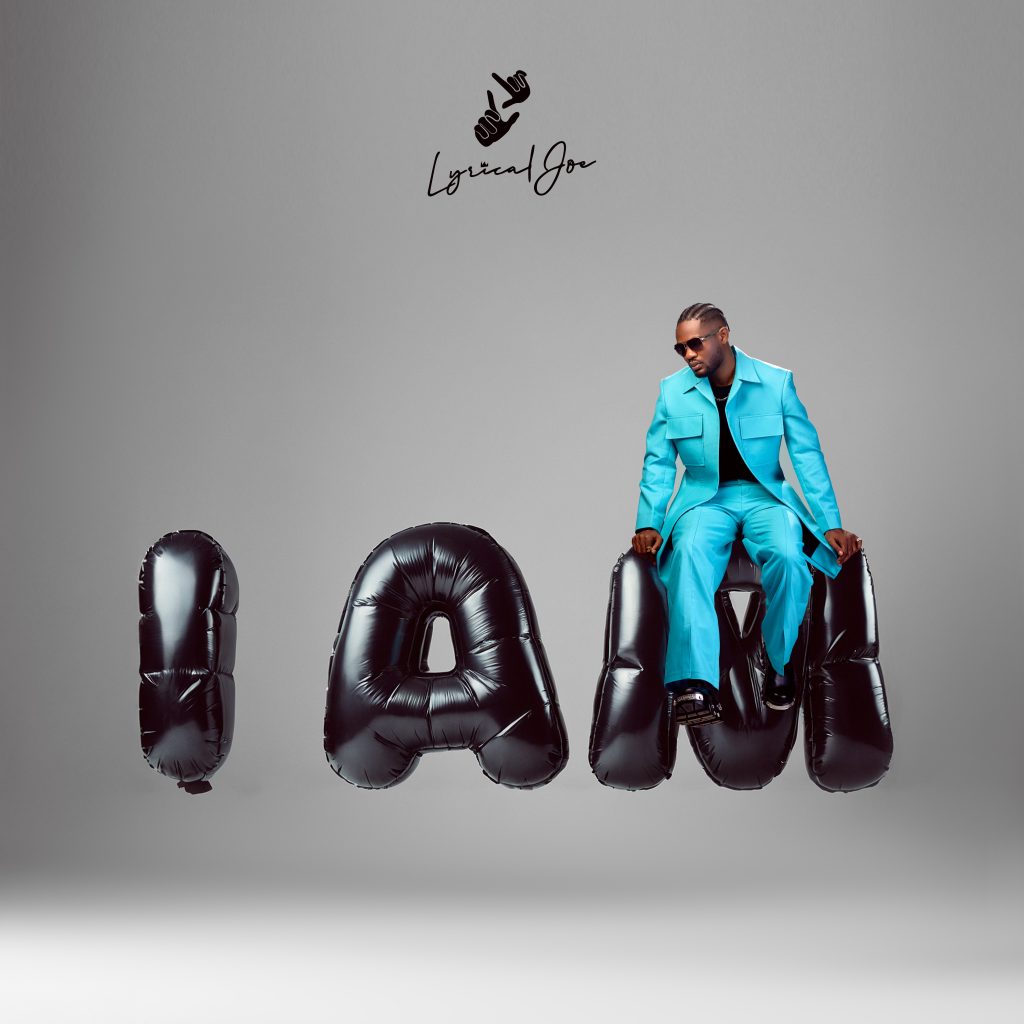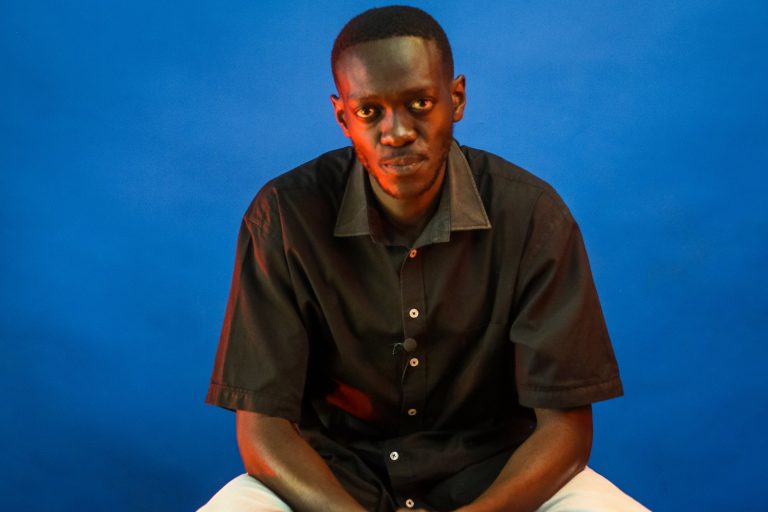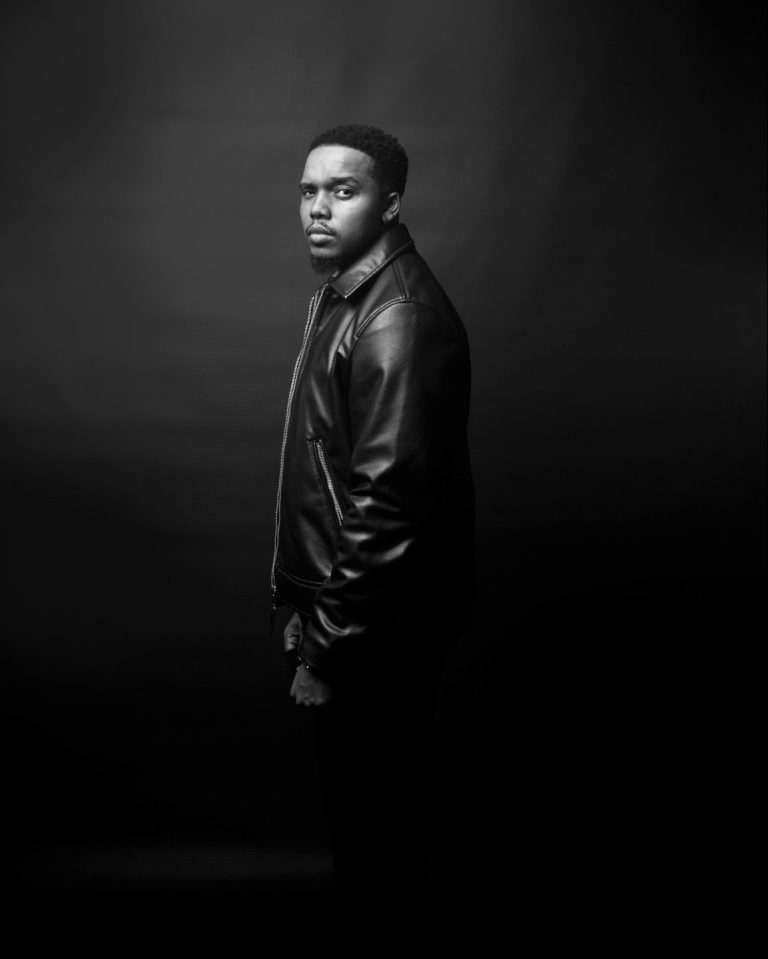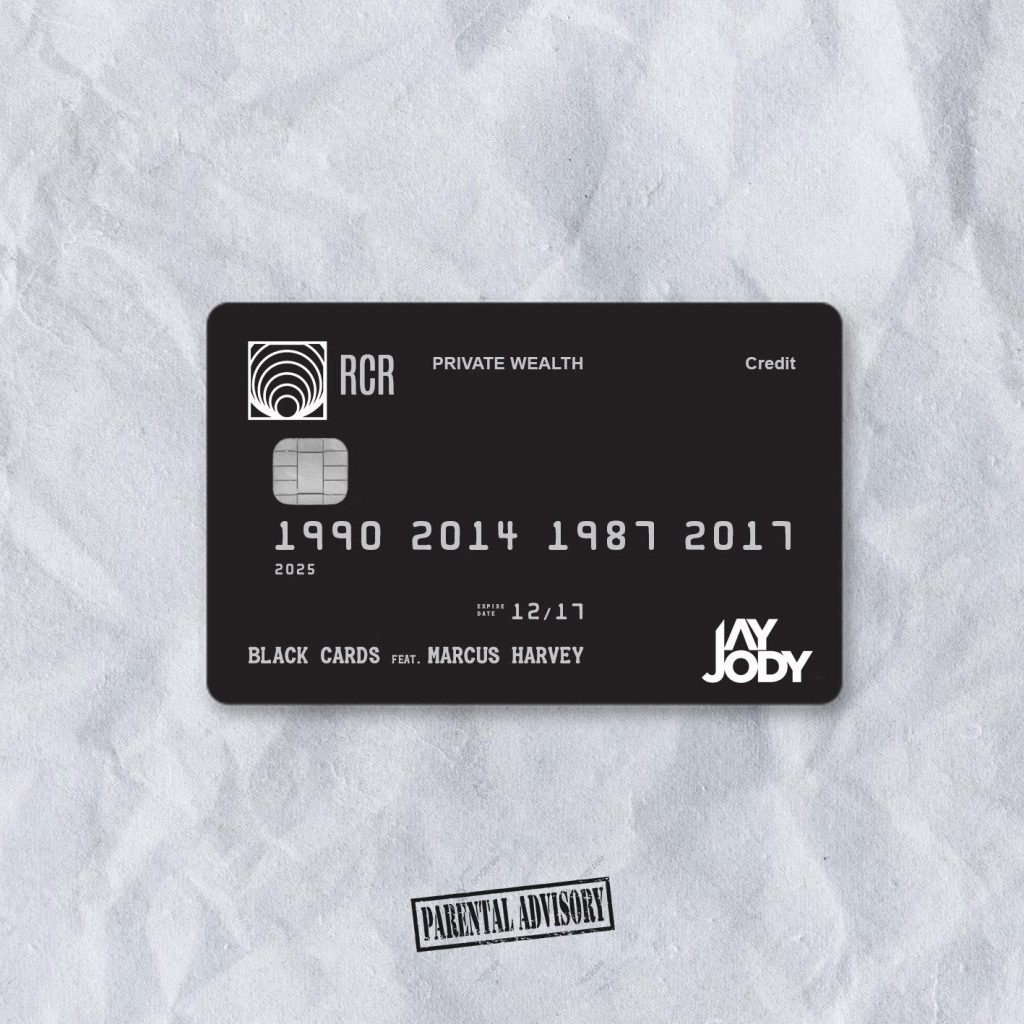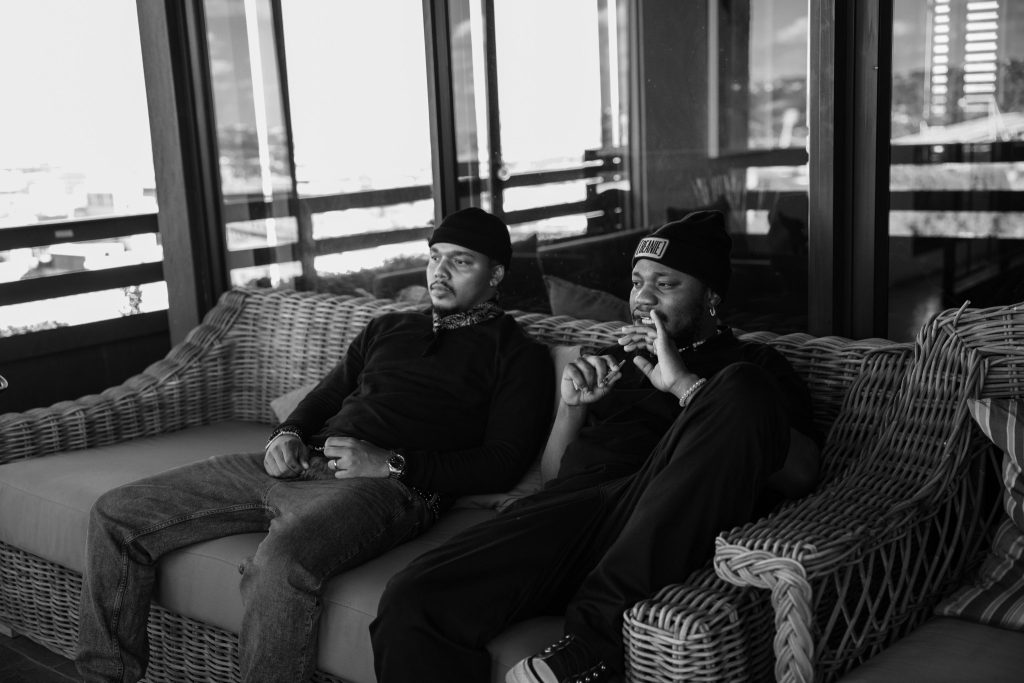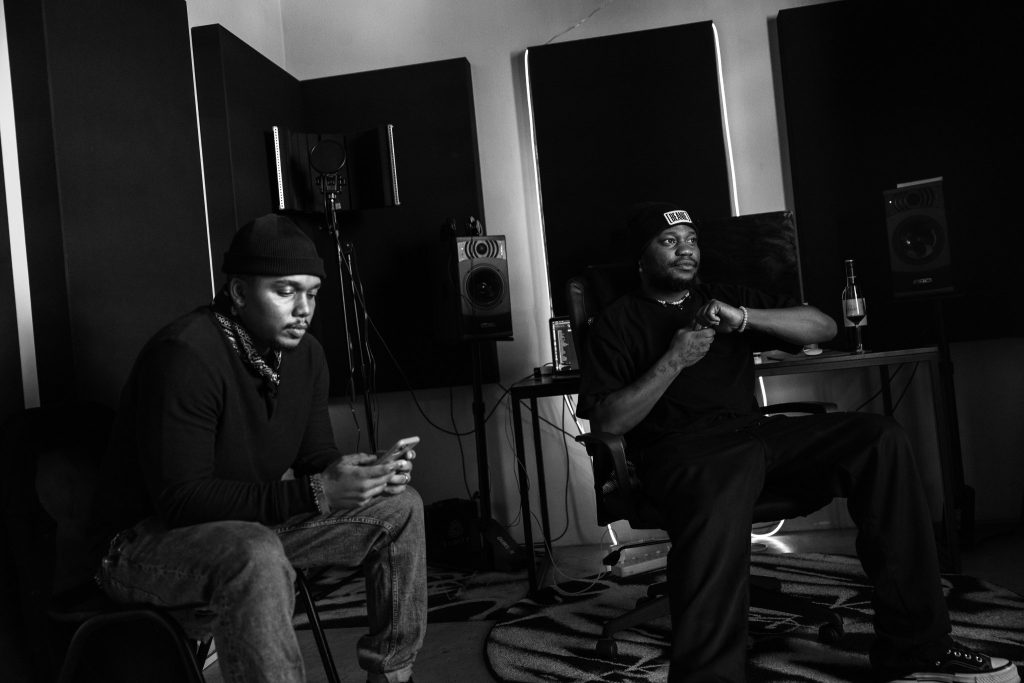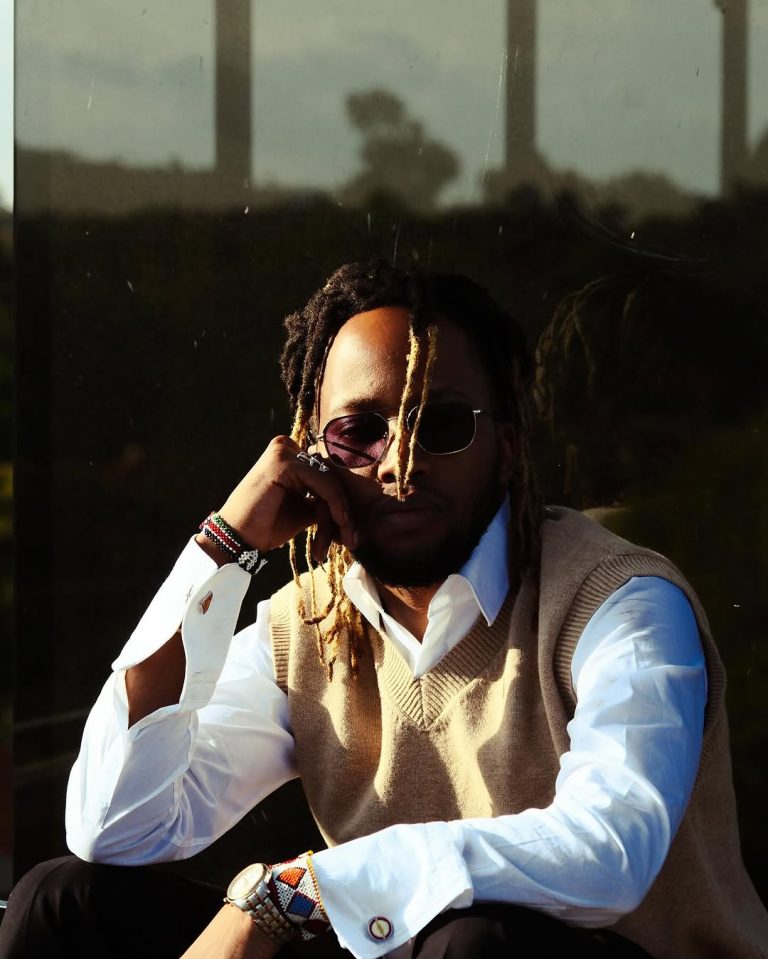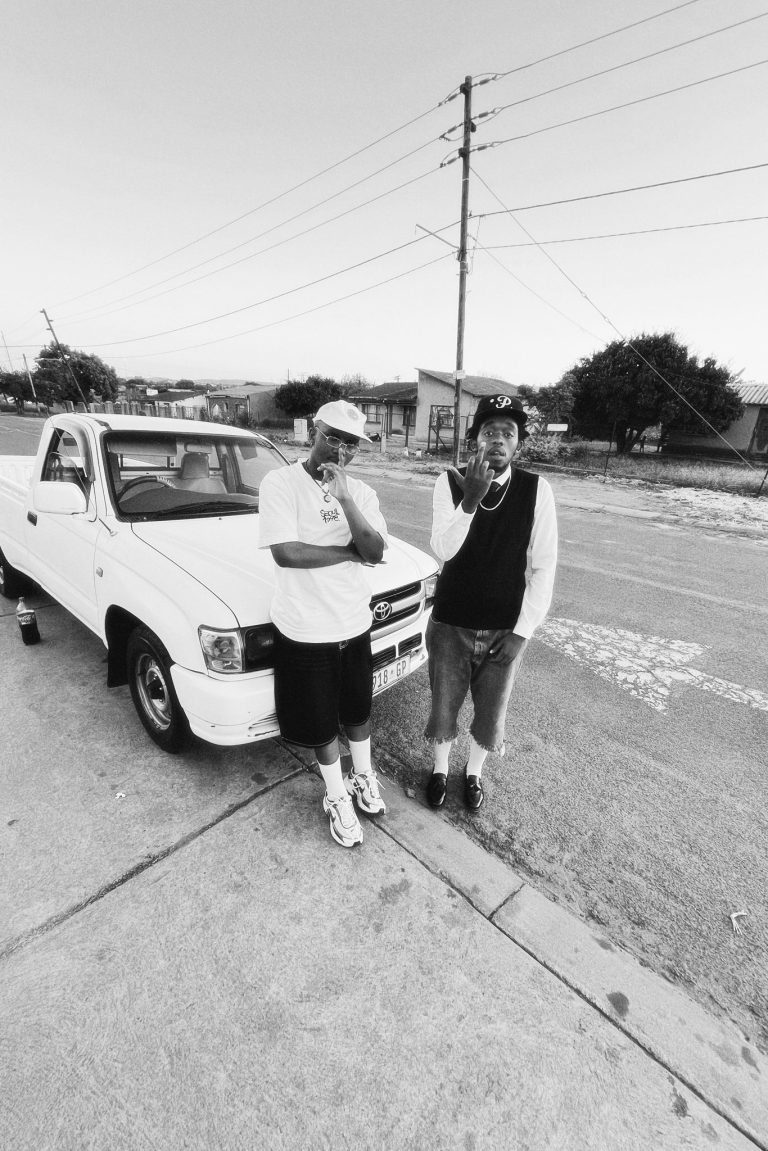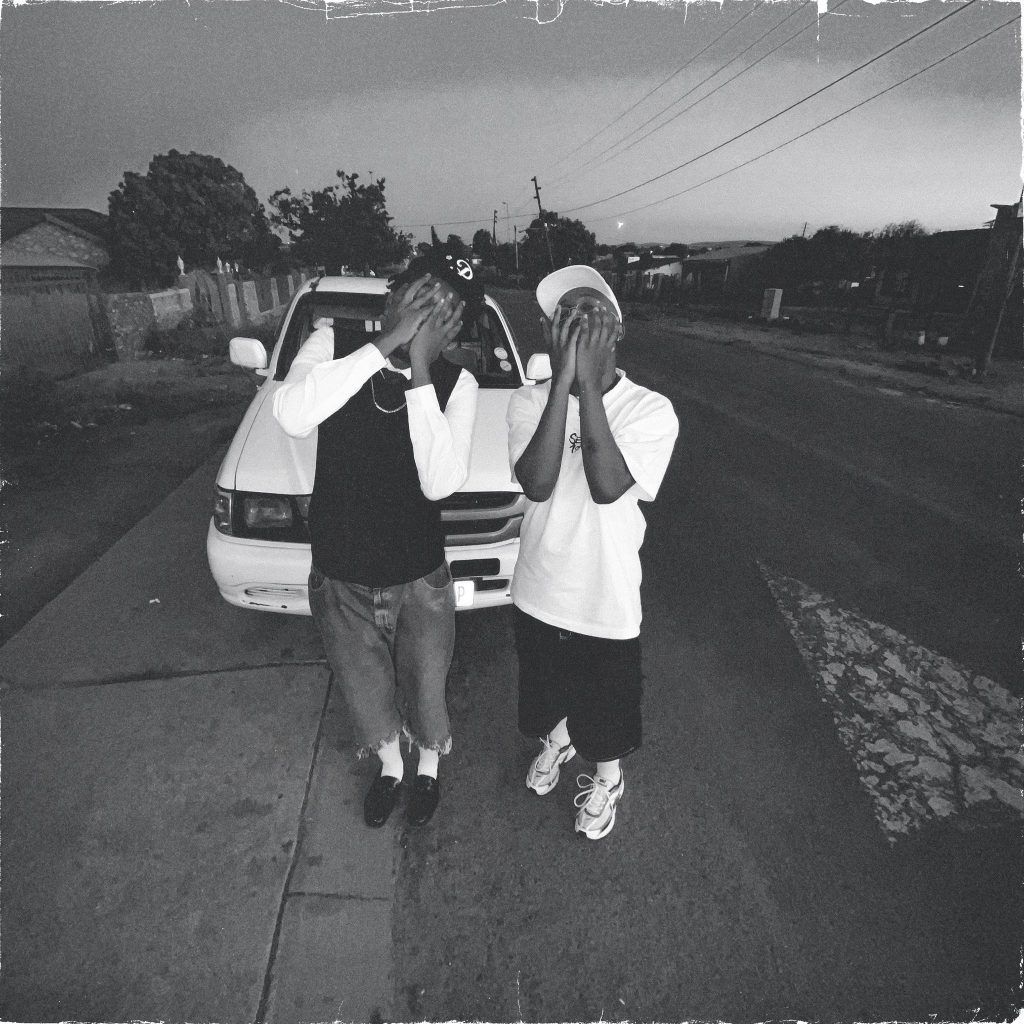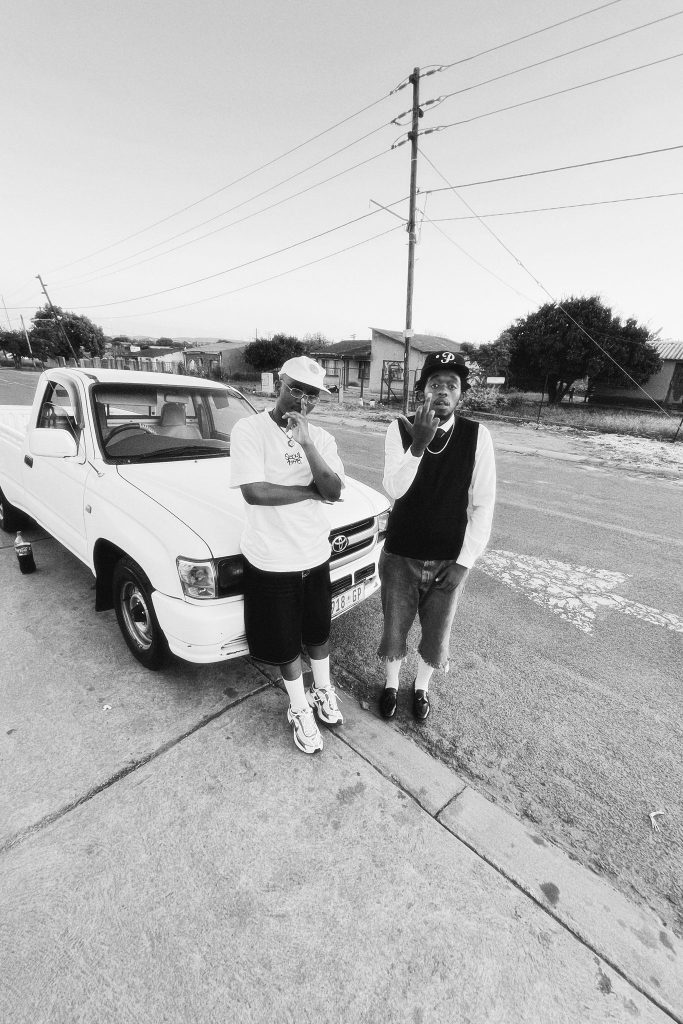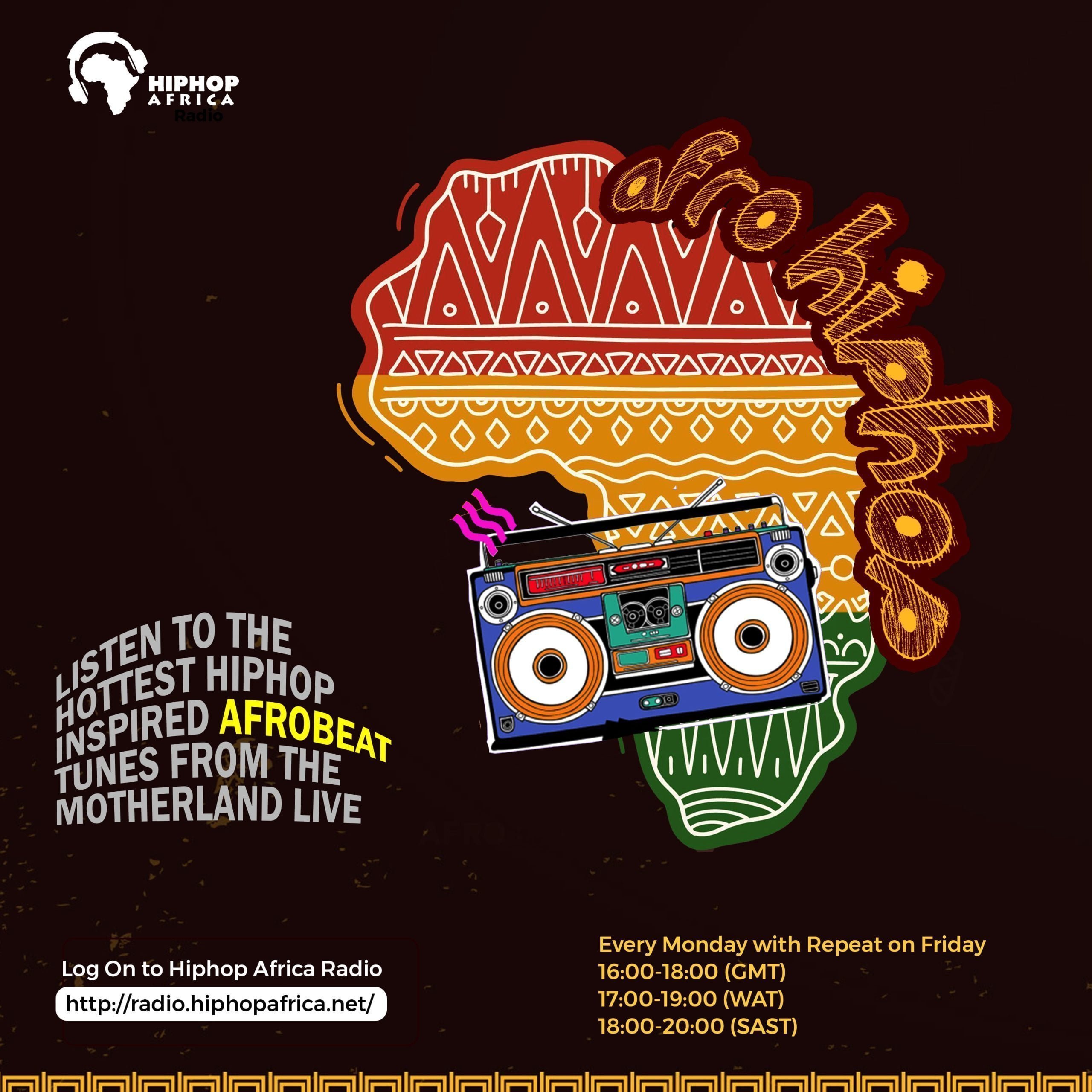Darassa, one of Tanzania’s most respected hip-hop and Bongo Flava artists, made a powerful return with his latest album, Take Away The Pain. Known for his ability to blend deep storytelling with catchy, melodic beats, Darassa takes listeners on an emotional journey, reflecting on struggles, resilience, and personal growth. The album is a mix of introspective tracks, motivational anthems, and love songs, making it both deeply personal and universally relatable. With carefully crafted lyrics and top-tier production, Take Away The Pain showcases his maturity as an artist while staying true to his signature style.
The album is built around themes of pain, perseverance, and self-discovery. The title itself suggests a journey through hardship, and Darassa delivers on this promise by addressing both personal struggles and broader societal challenges. He reflects on his career, the obstacles he has faced, and the lessons he has learned along the way. The album also touches on love, relationships, and the unpredictability of human emotions. Through a combination of Bongo Flava, hip-hop, and Afrobeat influences, Darassa creates a project that is both emotionally resonant and sonically diverse
The album opens with Take Away The Pain, a deeply introspective song that sets the emotional tone of the project. The track is a reflection on Darassa’s personal struggles, including the sacrifices he has made for his career and the challenges of staying relevant in the music industry. The mellow, melancholic production enhances the weight of his words, making it a poignant introduction to the album. His raw delivery makes it clear that this is not just music—it is a deeply personal confession of pain, endurance, and hope.
Mazoea, featuring Harmonize, shifts the focus to relationships, exploring the idea of routine and comfort in love. The song discusses how people often get used to certain habits in relationships, making it difficult to let go, even when things are no longer working. The smooth Afrobeat-influenced instrumental perfectly complements the theme, while Harmonize’s vocals add a melodic touch that contrasts beautifully with Darassa’s rhythmic flow. The song captures the bittersweet reality of love—the warmth of familiarity and the pain of knowing when it’s time to move on.
Another standout track is Channel, where Darassa takes a reflective approach, discussing personal growth, ambition, and staying focused amidst distractions. The beat is mellow yet hard-hitting, allowing his lyrics to take center stage. The song serves as a motivational anthem for anyone striving for success, as Darassa reminds listeners of the importance of perseverance and self-discipline. His storytelling ability shines here, painting a vivid picture of the challenges that come with ambition and the rewards of staying true to one’s path.
On Love Is Crazy, featuring Zac Brown and Kondela, Darassa explores the unpredictability of love. The song’s lyrics capture the rollercoaster of emotions that come with relationships—the excitement, the heartbreak, and the confusion. The production leans towards an R&B-influenced Afrobeat sound, giving it a smooth and romantic feel. Zac Brown and Kondela’s contributions add layers of emotion to the track, making it one of the most heartfelt moments on the album. The song resonates deeply, as it speaks to the universal experience of love’s ups and downs.
Mapito stands out as one of the most powerful songs on the album. This track is all about resilience, hard work, and overcoming obstacles. The heavy bass and sharp drum patterns create an intense energy that complements Darassa’s confident delivery. He uses this song as an opportunity to motivate his listeners, urging them to push through life’s struggles and never give up. The lyrics emphasize the importance of determination and self-belief, making Mapito an anthem for anyone facing adversity.
Another track that carries a strong motivational message is Mbele Kwa Mbele, where Darassa continues to inspire listeners with his words of wisdom. The song talks about progress, reminding people that success is a journey that requires patience and perseverance. The uplifting beat adds to the song’s positive energy, making it a feel-good track that encourages optimism and forward movement
The production on Take Away The Pain is a masterful blend of traditional African rhythms and modern hip-hop influences. The album features a mix of mellow beats for introspective songs and more energetic instrumentals for motivational tracks. Each song has its own unique sound, yet the album remains cohesive as a whole. The use of live instruments, smooth melodies, and rhythmic drum patterns gives the project a rich and dynamic feel.
Darassa’s vocal delivery is another highlight of the album. He seamlessly switches between smooth, melodic flows and sharp, rhythmic rap verses. His ability to adapt his style depending on the mood of each track shows his versatility as an artist. Whether he is delivering deep, reflective lyrics or more upbeat, energetic lines, his voice carries emotion and authenticity, making the listener feel connected to his message.
Take Away The Pain is more than just an album—it is a musical journey through life’s challenges and triumphs. Darassa successfully blends introspection, motivation, and romance into a cohesive body of work that speaks to a wide audience. His storytelling ability, combined with top-notch production and well-executed collaborations, makes this one of his most impressive projects to date.
For fans of Bongo Flava and conscious hip-hop, this album is a must-listen. It offers a perfect balance of deep, meaningful content and enjoyable, melodious tracks. Darassa proves once again that he is not just an entertainer but also a voice for those who have faced struggles and are looking for inspiration. Take Away The Pain is an album that stays with you, encouraging listeners to reflect, grow, and keep pushing forward despite life’s challenges.
Stream Take The Pain Away
